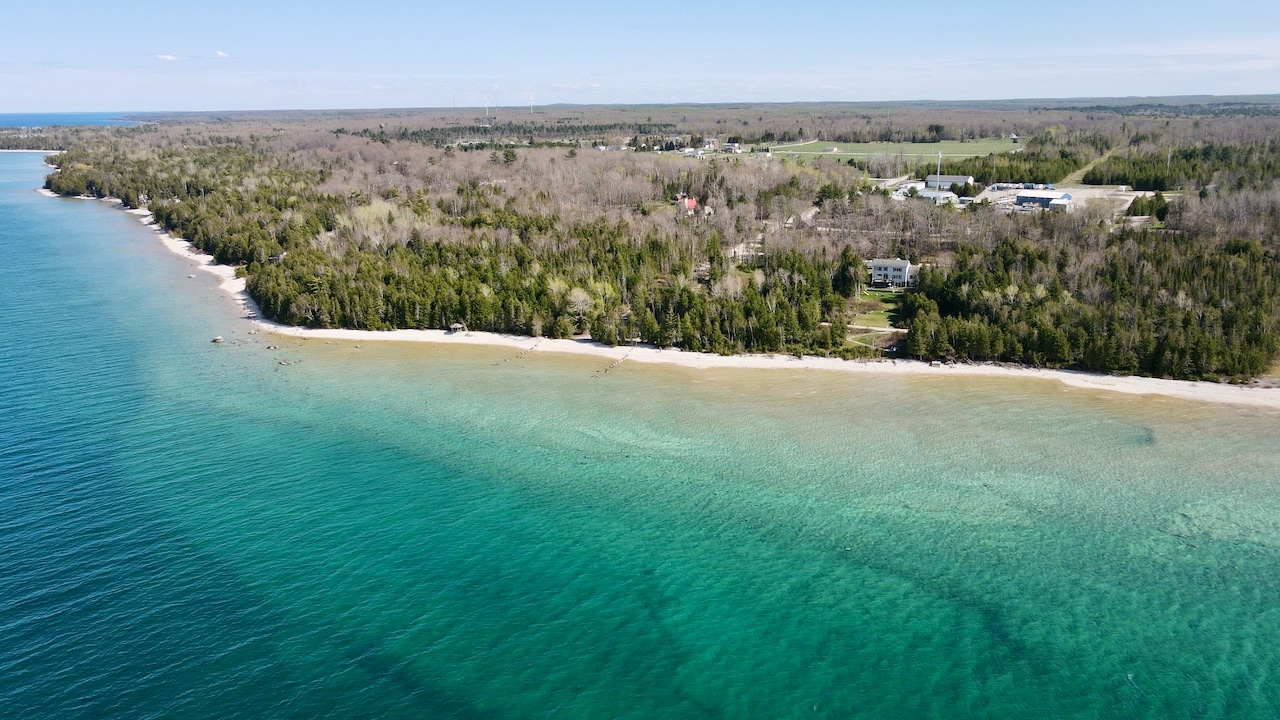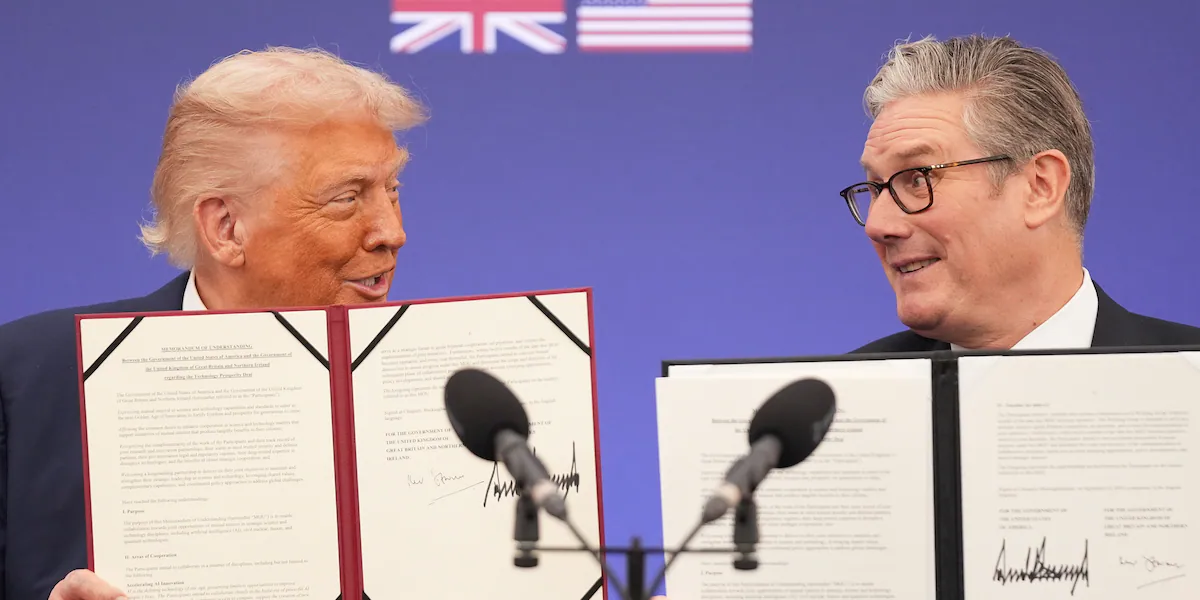
LANSING, MI — The Michigan Supreme Court will review whether a lower court erred in upholding a state permit for a proposed billion-dollar oil tunnel under the Straits of Mackinac.
The state’s highest court agreed on Friday to hear an appeal from opponents to the Enbridge Line 5 tunnel project, who claim the Michigan Public Service Commission failed to fully consider environmental impacts when it approved a permit in 2023.
The Sept. 19 decision breathes new life into a challenge filed by environmental groups and state tribal nations who argue the MPSC did not adequately consider the broader impacts of building more infrastructure for climate-warming fossil fuels.
Enbridge is attempting to build a 3.6-mile tunnel next to the Mackinac Bridge that would house a rebuilt section of its Line 5 pipeline, which carries petroleum products from Wisconsin to Ontario by way of Michigan’s two peninsulas.
In February, the Michigan Court of Appeals upheld the commission’s approval to relocate the pipeline inside the new tunnel.
In one of two orders Friday, justices sought arguments on whether appellate judges granted too much deference to commissioners instead of independently deciding whether the project would harm Michigan’s air, water, natural resources or the public trust.
They will also consider whether the commission improperly excluded evidence about the history and risk of oil spills along the entire pipeline.
In a second order, justices sought arguments on whether the Legislature or common law required the commission to follow the public trust doctrine. The legal principle holds that natural resources such as the Great Lakes and its bottomlands are held in trust for the benefit of the public by the state, which can’t allow private uses that substantially impair ecological health or the public’s right to fish, swim and recreate.
The state bar’s environmental and property law sections were invited to submit briefs.
“This is an incredibly important step forward for the protection of the Great Lakes,” said Carrie La Seur, legal director at For Love of Water (FlOW), a case appellant.
“The public trust doctrine is a fundamental principle of Michigan law that must be considered in decisions that affect our natural resources,” she said. “We are eager to argue this case and ensure that our state’s waters are protected for generations to come.”
In a Friday statement, Enbridge expressed support for the 2023 approval by the MPSC, which it said conducted a “thorough permitting process.”
“The February decision from the Michigan Court of Appeals affirmed the comprehensive and detailed work of the MPSC to approve the Great Lakes Tunnel Project,” said Enbridge spokesperson Michael Barnes. “The Michigan Court of Appeals concluded that the MPSC appropriately examined the location of the Line 5 replacement segment within the Great Lakes Tunnel, consistent with Michigan law.”
The state court decision follows advancement in project permitting at the federal level this year. This spring, the U.S. Army Corps of Engineers fast-tracked an environmental review under a narrower scope that did not include larger climate impacts. The expedited process followed an executive order by President Donald Trump declaring a national energy “emergency.” A final federal permitting decision is expected this fall.
In March, six Michigan Indigenous tribes formally withdrew cooperation with the review in objection to the fast-track plans, accusing the Army Corps of biasing the process in favor of Enbridge going back well into the Biden administration. According to the Army Corps review, tunnel construction and operation would negatively impact a tribal archeological district around the Straits of Mackinac. In 2020, tribal members found possible evidence of Ice Age-era artifacts underwater.
Enbridge maintains that Line 5 is structurally sound but the company still reached an agreement to build the tunnel during the waning days of former Gov. Rick Snyder’s administration. Republicans passed enabling legislation in 2018 creating the Mackinac Straits Corridor authority to oversee construction and take ownership of the tunnel while they had control of both chambers and the governor’s office.
Business groups, labor unions and other tunnel supporters argue the infrastructure project is needed to alleviate a threat to the Great Lakes from the 71-year-old pipeline, which runs exposed along the lakebed and has been struck by passing ship anchors in recent years. They say Line 5 is needed to maintain energy market stability in the Midwest.
Meanwhile, Michigan Attorney General Dana Nessel remains in litigation with Enbridge over Gov. Gretchen Whitmer’s 2020 order to close the pipeline under the straits. In June, the U.S. Supreme Court agreed to review whether that case should be in federal or state court.



